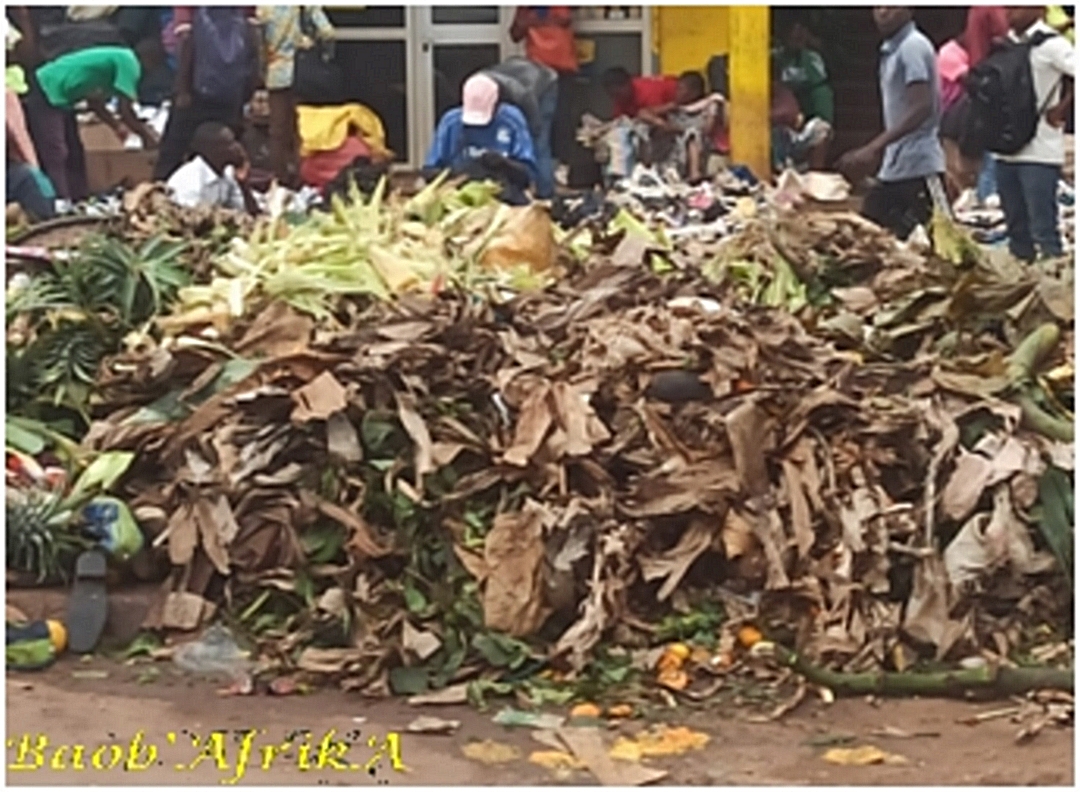«Domestic garbage
takes over
and imposes
a sad landscape
on African cities»

Images which unfortunately
become familiar
to residents
of major African cities and capitals.
For
several years, piles of domestic garbage have been
stand like decorative monuments that the authorities do not seem to
notice. This neglect has numerous impacts and consequences on the
environment and therefore on the health of populations.
Three major elements emerge from this
situation:
- The population boom increases
the quantity of waste and the places where it is deposited
- Lack of management of waste collection
and treatment
- Lack of information and training of
populations on the health consequences
Implementing collection, sorting and processing solutions would make it
possible to reduce environmental pollution, limit the health
consequences for the population, but also create jobs.
Household
waste offers numerous opportunities in several sectors of the economy.
With in particular, the production of fertilizers for agriculture that
respects environmental
standards (agriculture and organic products), the production of
different forms of energy and numerous construction materials.
All this requires the establishment of a solid
political commitment on different points:
- Communication and training on waste
treatment and respect for the environment
-
Territorial redevelopment to accommodate employment-producing businesses
(collecting, sorting, processing)
-
Sustainability of defined environmental and health programs
Constantin Yap
|
|
|


